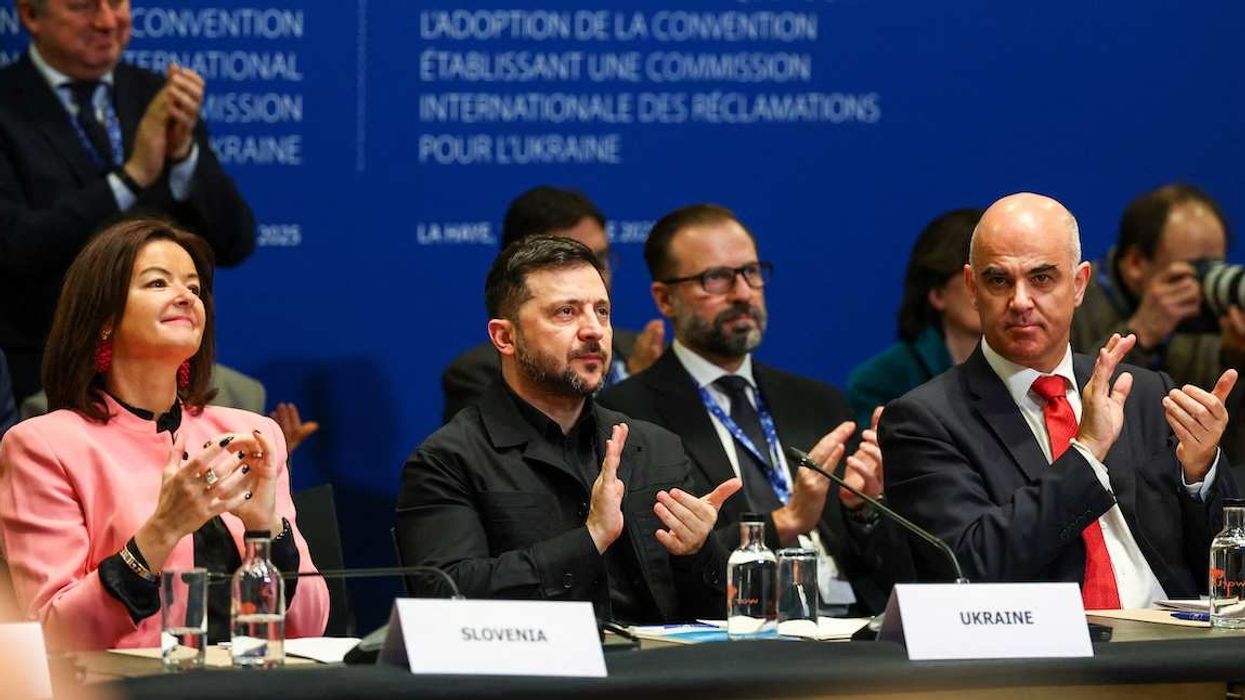Canadian authorities declared India’s High Commissioner Sanjay Kumar Verma a persona non grata note on Monday, expelling him and five other diplomats from their posts over allegations they were part of a criminal network harassing Canadian Sikhs. New Delhi retaliated by expelling six Canadian diplomats, including Ottawa’s second-in-command in the subcontinent, Stewart Wheeler.
The dispute dramatically burst onto the scene following the assassination of Hardeep Singh Nijjar last year, which led to the arrest and indictment of three Indian nationals. Canada has found itself somewhat isolated from its friends amid the dispute, as the US and European Union attempt to cultivate friendship with India as a counterbalance to Russia and China.
Eurasia Group Senior Analyst Graeme Thompson says the Canadian Royal Mounted Police likely feel confident in the evidence they have collected against India’s diplomats to comment publicly on such a sensitive issue.
“The big question is whether the dispute will be contained to diplomatic tit-for-tat exclusions, or if visa restrictions or other measures affecting business and other people-to-people ties could follow,” he says. “It will also be very interesting to see what, if any, comment US officials make publicly about these developments, which could indicate how the US is handling the dispute behind the scenes.”
Who are the Sikhs, and why is India allegedly going after them? The Sikh religion emerged from the teachings of Guru Nanak in the late 15th century, and its corps of mighty Khalsa warriors carved out an independent empire in what is now northern India and Pakistan between 1799 and 1849. Some Sikhs today still agitate for an independent state of Khalistan, which New Delhi considers a threat to its sovereignty. Canada, home to the largest Sikh community outside India, has found itself in the crossfire.


















